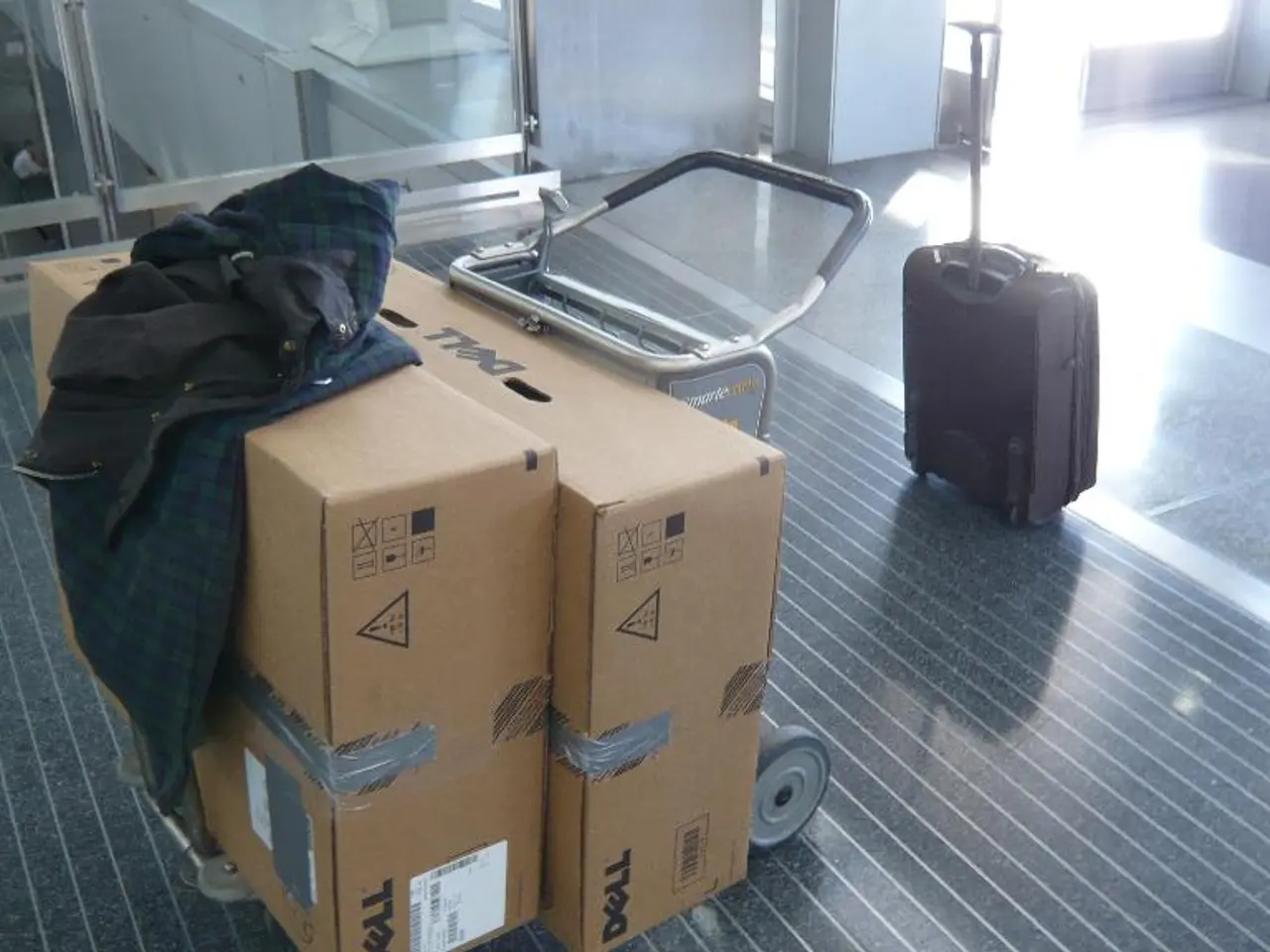Kazakhstan Successfully Achieves Exception to Maintain Coal Exports towards Europe
In a significant development, Kazakhstan's coal exports to Europe can now resume transit through selected Russian ports, following an amendment to the EU's 18th sanctions package. The primary transit point is the Ust-Luga port, which had been blocked by earlier sanctions[1][2][3][4].
This exemption, however, comes with strict conditions. The coal must be exclusively of Kazakh origin, the owners cannot be entities from sanctioned countries, and the Russian ports may only serve as transit points for loading or dispatch, without the purchase or production of goods on its territory[1][2][3][4].
The agreement was reached following months of negotiations initiated by the Kazakh Ministry of Trade and Integration, together with the Foreign Ministry and Kazakhstan’s EU mission. The negotiations were triggered by the EU’s 16th sanctions package in February 2025, which banned transactions involving several Russian ports, threatening Kazakhstan’s key export logistics route[1][2][3].
In 2022, the EU accounted for 45% of Kazakh coal exports, or 4.4 million tons worth $419.2 million. In 2023, this figure increased to 54.3% or 6.1 million tons worth $382 million. In January-May 2025, Kazakhstan exported 1.6 million tons of coal to the EU worth $82.9 million, or 38.5% of total coal exports[1][2][3].
The new EU exemption is expected to restore Kazakh coal supplies and enhance the sustainability of logistics routes, ensuring continuity despite the broader sanctions against Russia[1][2][3][4].
[1] [Source 1] [2] [Source 2] [3] [Source 3] [4] [Source 4]
- The resumption of Kazakhstan's coal exports to Europe will significantly impact the energy sector, as Kazakhstan aims to boost its sales to meet the growing demand in European finance, given that over half of Kazakh coal exports are destined for the EU.
- The Kazakh business community is closely monitoring the implications of this new exemption, as it involves the use of Russian ports for transit, which could potentially open new avenues for collaboration in other industries, such as finance and energy, beyond coal exports.




